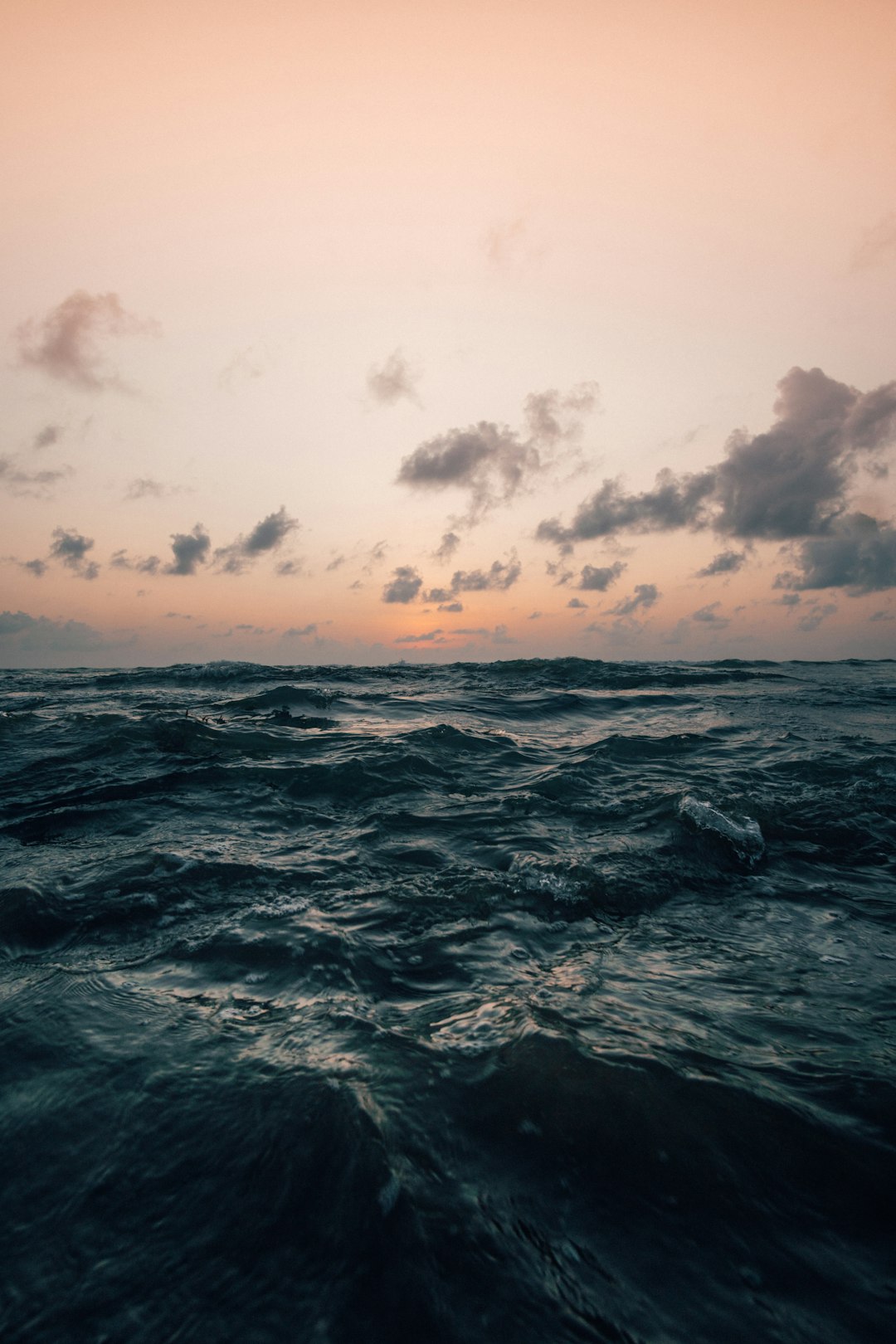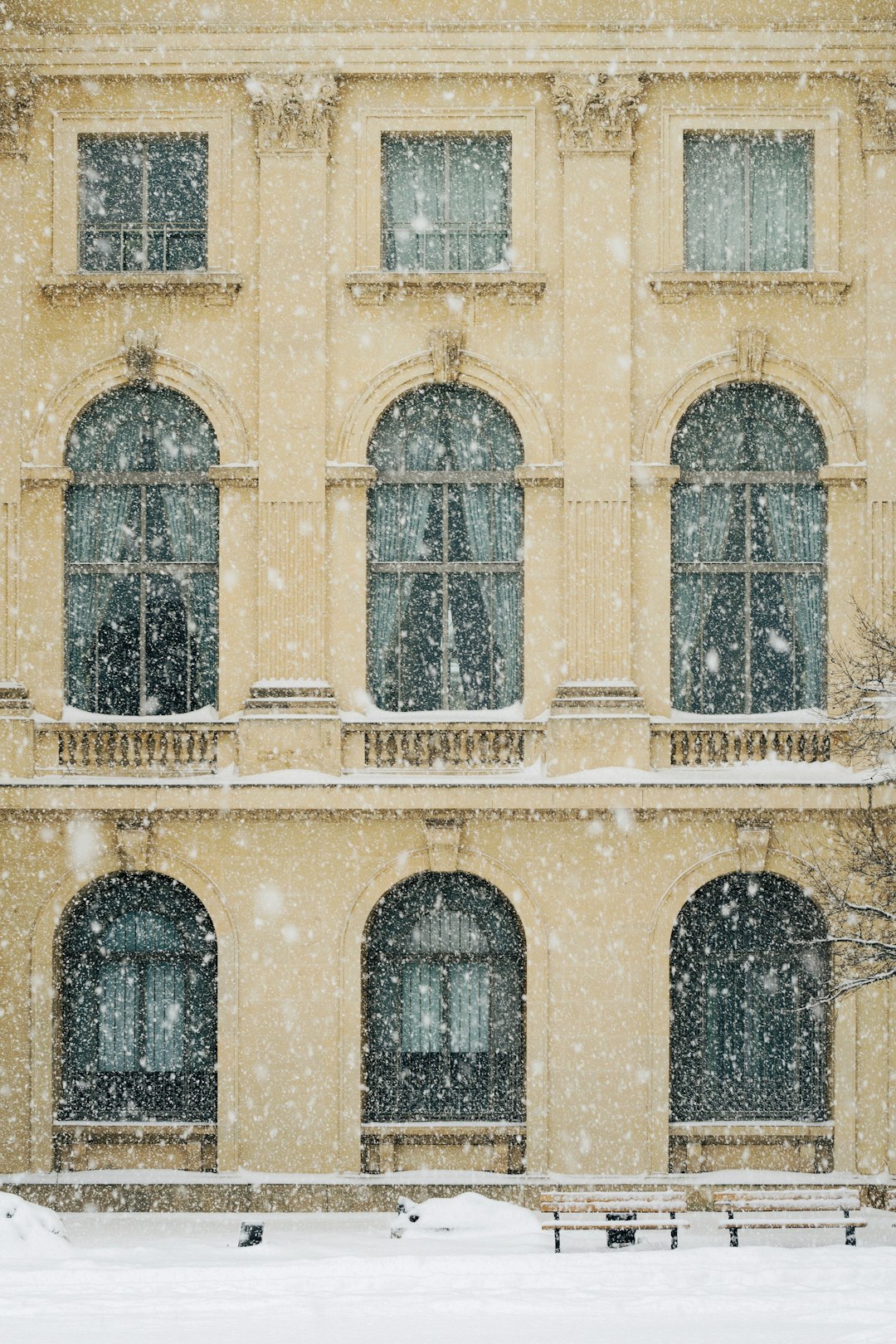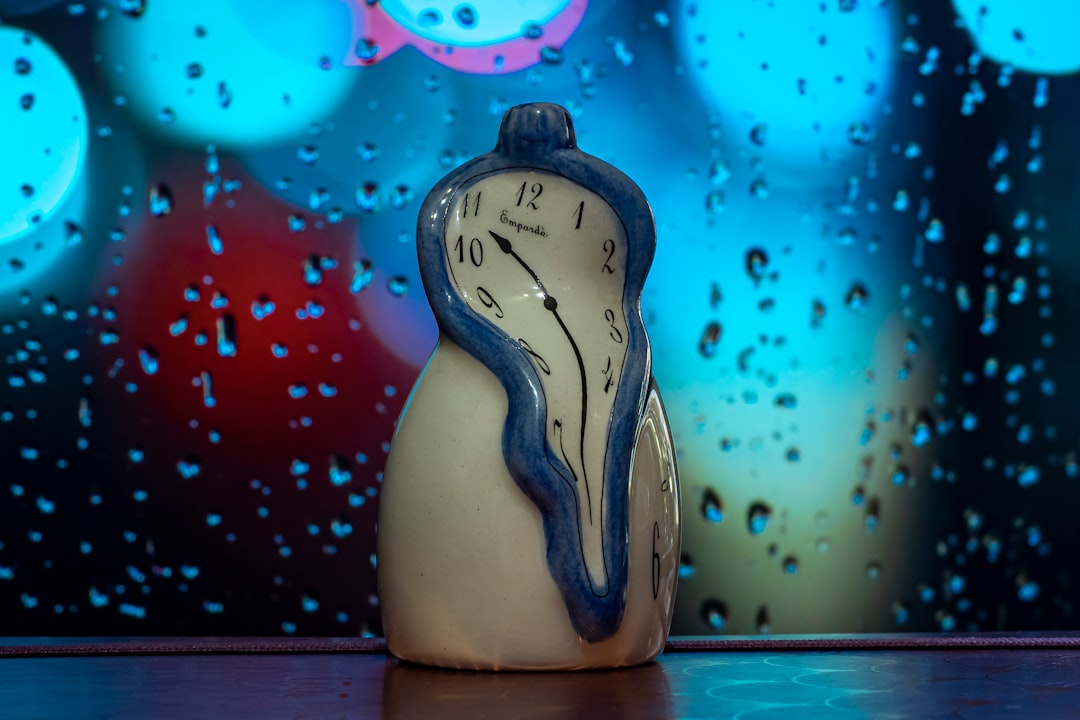Presence.
A writer's relationship with and reflection on where she is in place and time
Dear Matterhorn Readers,
When do you feel the most present? Do you feel present when reading, writing, or creating? And what helps you to feel that way? A recent ski trip prompted me to think about the way that the state of being present affects my writing, or at least the process of writing.
One might also extend this to the interior space of the text. In what ways can presence enter fictions? I’m also thinking about things like telling a narrative in the present tense. It could change the presence of the reader as well. Or, is the character present or are they always thinking about the future and anticipating or stuck in the past.
What does presence have to do with consciousness and our unique perspective of the world? I wrote about consciousness a few months ago, touching on philosophy, neuroscience, yoga, and literature. It’s easy to think about presence in a straightforward way without considering the way it might be experienced differently be each of us. Also, the past and future paradoxically affect and even create the present. So I’ve been thinking about if there is a sort of pure freedom from them at all, and if we would wish that freedom in the first place.
A few recent word-sketches in my notebook as well as a recent sketch | text I shared with you had me pondering on the concept of this subject. I’ve brought them together here for you in this post on The Matterhorn Brunch.
1
Skiing is my obsession.
No, I don’t heliski or go to the dangerous-yet-fantastical spaces that mountain guides reach, that extreme skiers take their chances on. But even the pistes in the Alps, Appalachian, or Dolomites create mystical scenes and surreal spaces of the mind. In places so alien, they don’t feel like Earth anymore. I inhabit the edges of mountain peaks and formations of snow that change every hour. I dream of these summits and drops when I’m drenching in the heat of summer, laying still on a beach, with sweat pouring out even in inertia. My mind goes to these descents through our planet’s most beautiful territories.
You look down at the top of a steep trail. Skis hanging in the air over the edge, it appears like a straight drop until you’re close enough that you could slide over the threshold by mistake. Once you pass this point, there’s no going back. Many see the border and stay far away, raising their necks a moment before drifting off to safety.
But there’s a small crowd here. We’re checking it out, getting in the zone. We’ve all done it before, whether the same piste or a similar one. We know we can. We anticipate the rush from our comfortable perch. We move toward a mind’s place of calm, as if singing us into a dance that is premeditated and free.
We nod to each other, allowing each one’s proper turn. We map where they go, what the terrain is like. We can see the undulations or ice better this way. But there’s no real plan. It’s like soaking up a moment, sizing up a room filled with people. You let the energy permeate your skin and you become a part of it.
And when it’s time to go, I separate from the small crowd and really go for it. There’s no other way that works. I don’t mean it’s top speed, but it’s top speed with control. I mean, I throw my whole body and soul into it. Everything else disappears. It’s just me and those muscles I’ve conditioned to work together with the equipment, an extension of myself, and my mind making quick subconscious judgments for turns and squeezing toes or dragging a pole or releasing in speed. I’m almost unaware of the decisions made as I propel myself down, turning for pleasure, and simultaneously enjoy the rush of the speed and sensation of my strength throwing my body in space the way I want it to.
I don’t admire the view. That thing so many have come to witness. Instead, I am a part of it. Not for others to see, but for me to inhabit. Like the mountain goats we spot from the gondola who don’t consider what is elsewhere or of another time. Future and past are irrelevant.
In the wake, my breath comes strong. I soak in the mountain air. I finally look up, out, at the Alps surrounding us. Too many to name. They remind us again how small we are. How tiny the space we occupy in the universe is. How insignificant. And yet, those immense jagged edges and mounds of smooth, hanging ice enter my mind. The whole universe in one.
“We’ll never waste any moments.”
Mikaela Shiffrin [14:23]
2
“Maybe this is the best time in your life.”
Time seems to be moving at a faster rate though I know it’s impossible. I wonder if it’s age or the way I occupy time. Or if it means that in having a child, I’m giving away time. Not to him but to some life force. Quickening its pace in the awareness of his constant growth like a time-lapse film of a daffodil emerging from its bulb and blossoming.
He doesn’t seem to notice or care. I’ve learned that playing with my son is a kind of meditation. At one time, and still sometimes, the pulls of motherhood felt at odds with everything else. Though enjoyable, it was a kind of wasted time unless attempting to also, say, listen to a podcast or fold up the laundry.
When he wants to play with me now, I’m more aware of the ephemeral. It’s gone. A lot of that time is already in the past, irretrievable. I throw myself all in. Leaving the phone, the anxious thoughts, the writing that goes on in my head for another time. Now we are all restaurant or Playmobile castle.
We love it and it goes. It goes somewhere invisible, undocumented and often forgotten. Maybe something is still created. Some kind of love or energy of experience that stays with us. I try to force the presence more deeply, to imprint the moment on my brain. I tell him to do it, too. Look at what we are doing together! Isn’t it fun? Aren’t we having a wonderful time? He is annoyed: Mummy, keep playing! Come on. Sometimes I take a photograph to print for the albums and for him to look back on.
When it’s time to do something else, it scares me a little. The moment is over. It’s the realization that a lot of the time, neither of us will hold on to the specific memory of the action we are completing. It will wash over us like most non-consequential activities throughout our days.
Does it still matter? Is it still worth it? If the passing of time erases this moment from existing, is it worth existing at all?
3
5:47 a.m., seated at my writing table by the large window where a tree once filled the empty space. They took it away because it was old. Here today, gone tomorrow.
Stillness. It only accentuates the subtle constant movements — of a bird’s flight, of my internal organs’ perpetual motion.
Standing to look at a painting works this way, too. The grand narrative arc gives way to the details — each with a story of its own.
When I still my mind, first the big things surface — loves or fears, they bubble up and I free them. Rumination is not stillness but a large swirling orb, contained in a brain only trying to release into subtleties. No, it is the tiny tensions…memories of beauty…questions about the universe - gigantic but so abstract they become small again…this is where I want the discoveries to lead me. No matter how joyous or dark, I always feel a calm in its wake.
I feel the pen’s ink gliding onto smooth paper, catching words from my brain that fall unbidden on the page. The table’s wood beneath my left hand steadies me as the phrases tumble into legible patterns. There is a light moving between my mind and this writing, between that gaping hole before me and the world beyond my view.
…as I stand among them
lifting the stalks to my mouth, the ripest berries
fall almost unbidden to my tongue,
as words sometimes do…











Three beautiful meditations, Kate! But the one that especially sticks with me is of your playing with your child, and how badly you want to hold on to the moment - how we all want these moments to last forever. I want to say with complete certainty that your son may not remember that specific moment, but he will remember some, and most importantly, he will remember how much love his mom gave him when he was a kid, and will cherish it. 💛⭐💛
A beautiful reflection, there’s this idea of cognitive reserve in psycho-biology and essentially that the rich and complex environments that caregiving to children brings (noisy/messy in my case!) might lead to higher levels of cognitive reserve in later life. Your writing made me think in response to ‘Does it still matter? Is it still worth it? If the passing of time erases this moment’ that these moments and memories are like transparent building blocks for the future!
There’s also evidence that mums pay attention to memory , it’s more salient for them because memory ability changes throughout the pregnancy and post partum stages, which is curious for the way we think about memory more generally perhaps?